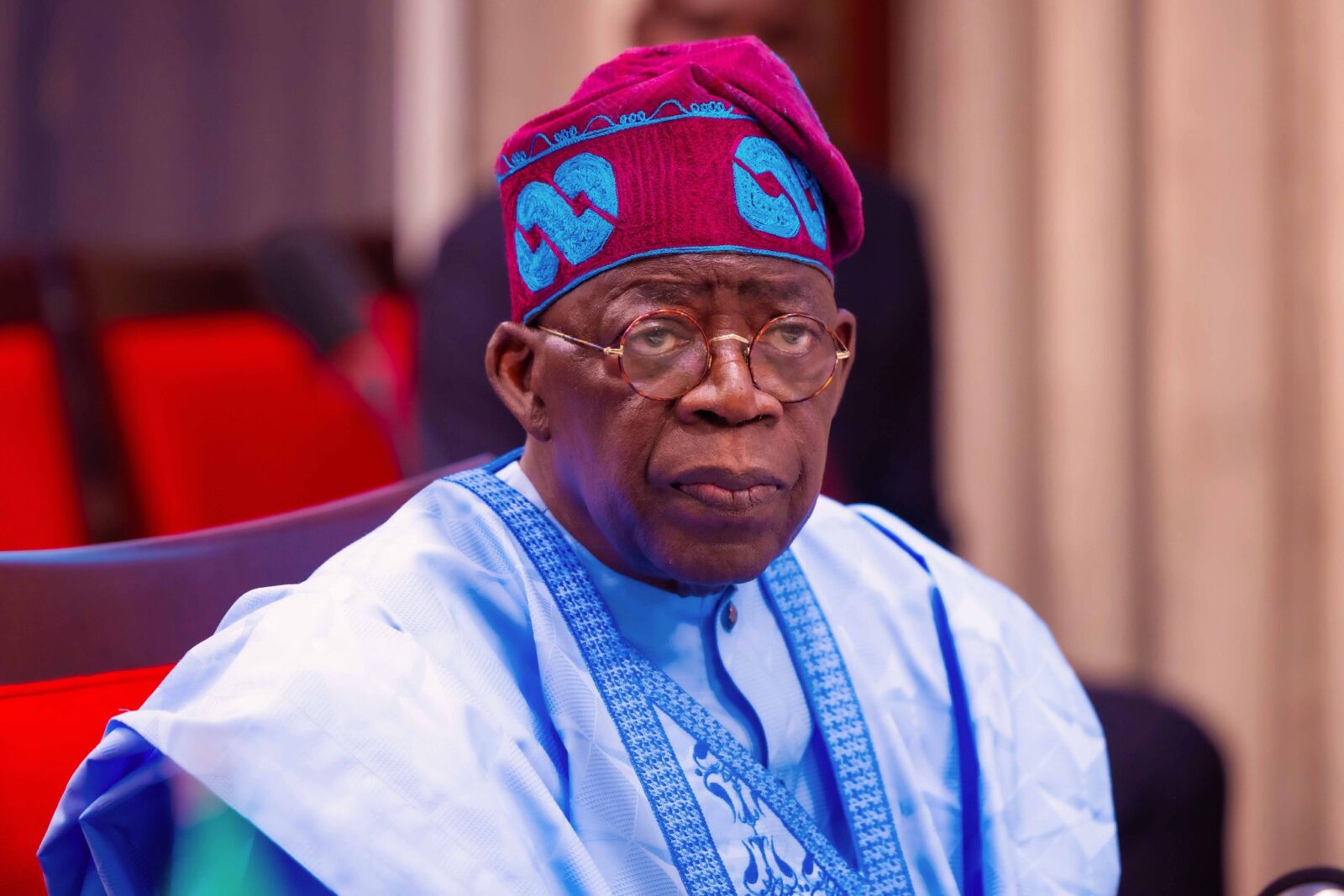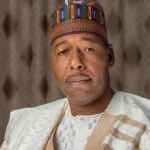The Nigerian presidency has assured the public that the proposed tax reform bills under President Bola Ahmed Tinubu’s administration are designed to foster equitable economic growth across all regions of the country, including Northern Nigeria. Amid growing concerns over the potential impact of the reforms, the presidency has emphasized that the bills aim to modernize Nigeria’s tax system, expand the revenue base, and reduce fiscal dependency on oil.
Reassurance from the Presidency
In a statement issued by the Senior Special Assistant to the President on Media and Publicity, the presidency dismissed claims that the reforms could disproportionately affect the Northern region. It described such assertions as unfounded and counterproductive to the national discourse on economic recovery.
“The tax reform bills are structured to ensure that no part of the country is left behind or unfairly burdened. There is no provision in these bills that is designed to impoverish the North or any other region of Nigeria,” the statement read.
The presidency further explained that the reforms are rooted in principles of equity and inclusivity, aiming to distribute the tax burden fairly while ensuring that resources are mobilized for critical developmental projects across the country.
Aims of the Tax Reform Bills
The tax reform bills, a cornerstone of President Tinubu’s economic strategy, seek to address Nigeria’s fiscal challenges by improving tax compliance, closing loopholes, and introducing measures that encourage transparency in revenue collection. These efforts are seen as crucial for financing infrastructure projects, improving public services, and reducing the country’s reliance on volatile oil revenues.
Key elements of the reforms include:
- Broadening the tax base: Encouraging more individuals and businesses to contribute to the national revenue pool.
- Simplifying tax administration: Reducing bureaucratic hurdles to improve efficiency and compliance.
- Targeted incentives: Supporting sectors like agriculture and manufacturing that are critical to the Northern economy.
Concerns from the North
Despite these assurances, concerns have been raised, particularly in the Northern region, about the potential socioeconomic impact of the reforms. Critics argue that many Northern states rely heavily on federal allocations due to limited internally generated revenue (IGR) and may struggle to adapt to the changes.
Additionally, fears have been expressed that increased taxation on sectors such as agriculture and small businesses, which are predominant in the North, could exacerbate poverty and inequality.
Government’s Countermeasures
In response, the presidency highlighted provisions in the bills designed to protect vulnerable populations and promote regional development. For instance, the agricultural sector, a backbone of the Northern economy, is expected to benefit from tax incentives aimed at boosting productivity and value-chain development.
The presidency also pointed to existing federal programs, such as the Anchor Borrowers’ Programme and targeted social investments, which it said would complement the tax reforms by alleviating poverty and stimulating economic growth in rural areas.
Calls for Collaboration
The government has called on stakeholders, including state governments, traditional leaders, and civil society, to engage constructively in discussions around the tax reforms. “The success of these reforms depends on collaboration and understanding,” the presidency stated. “We urge all Nigerians to approach this issue with an open mind and a shared commitment to national progress.”













Leave a comment